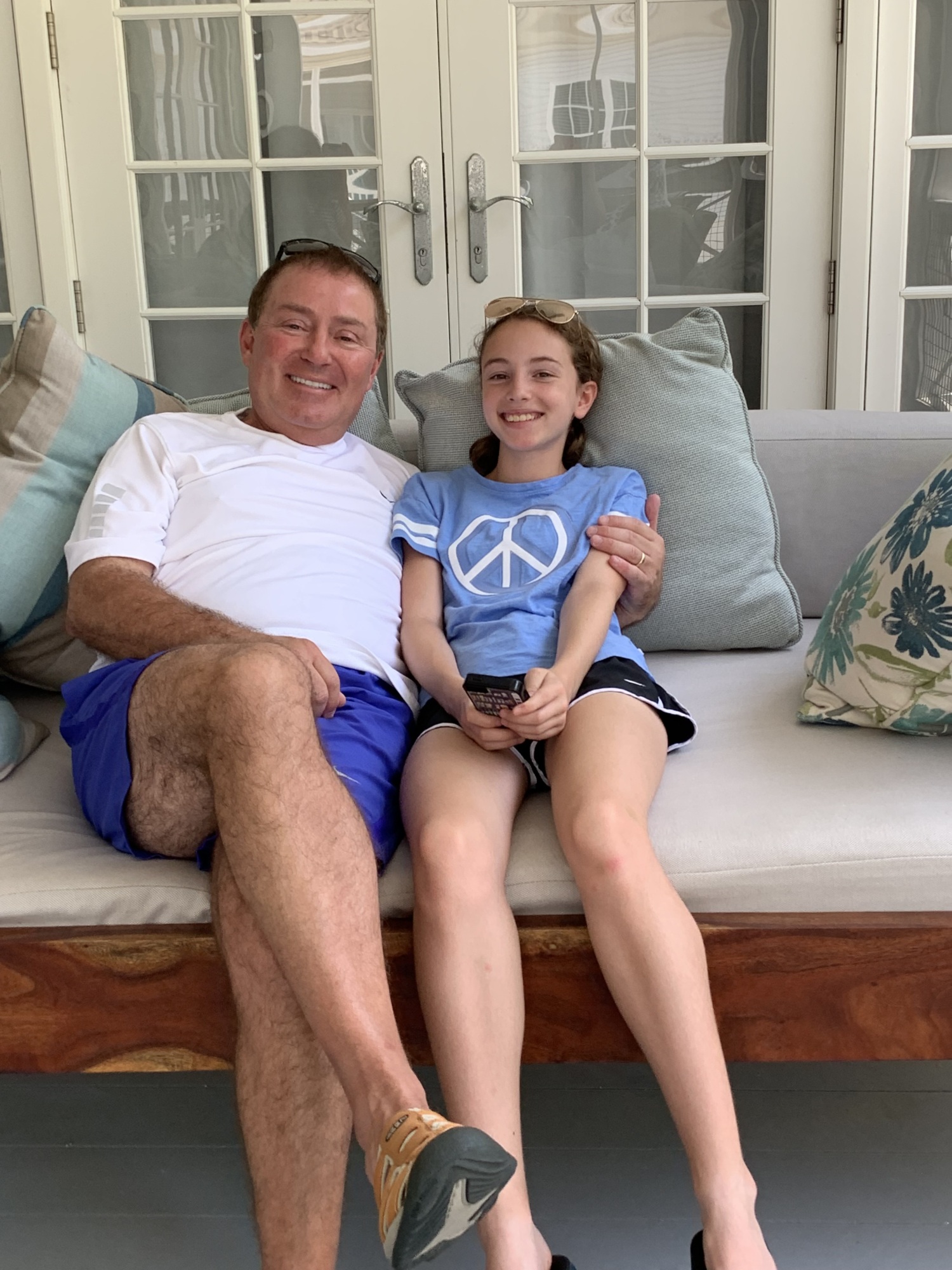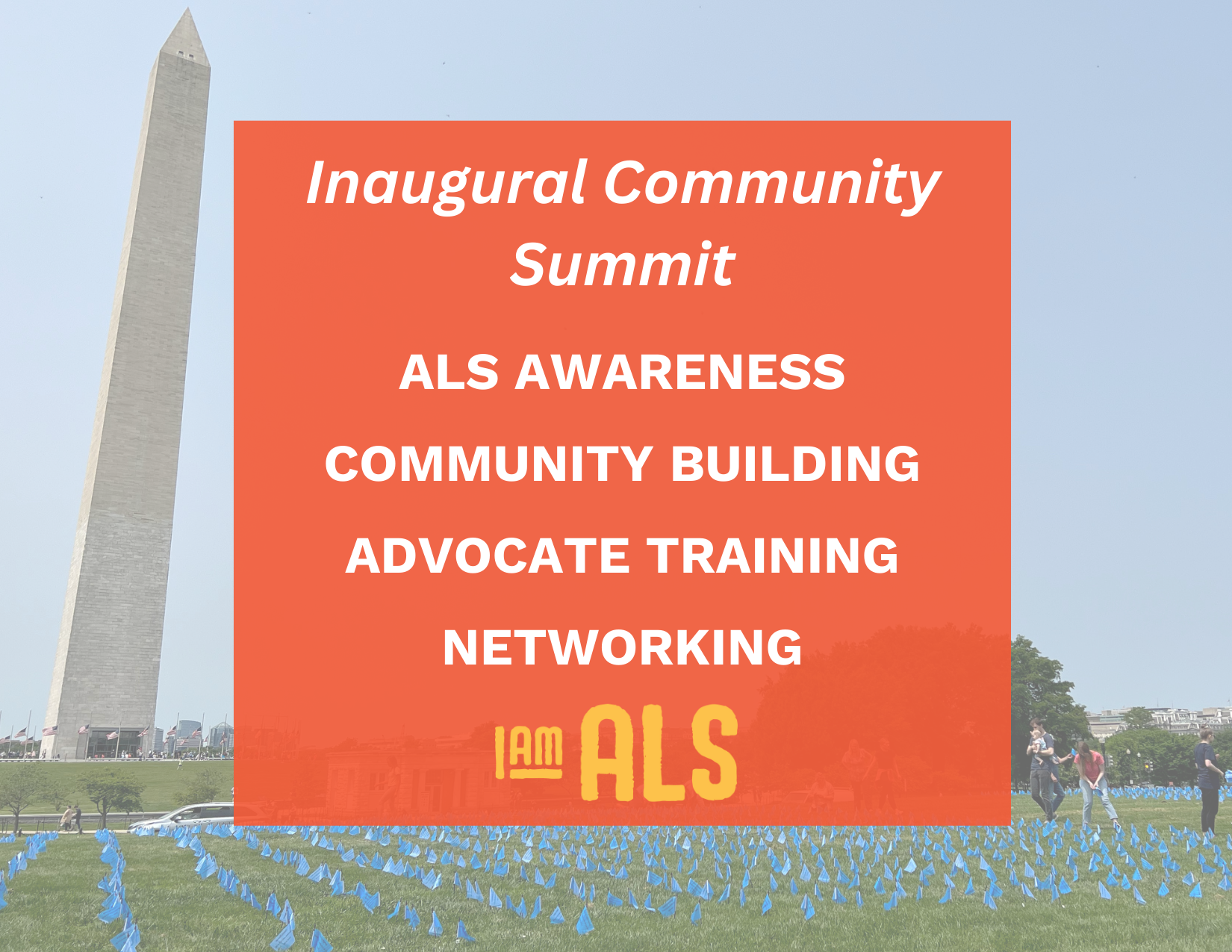In memory of Phil McManus
someone we've lost to ALS
The nerve conduction test confirmed what Lyn had already begun suspecting … the heart-breaking diagnosis of Motor Neuron Disease.
**This story was originally published on June 9, 2021 in Dying With Dignity New South Wales.**
It started with a stumble – a peculiar moment at a music festival in November 2017 when Phil McManus found himself unable to get up some stairs.
Puzzled, the 64-year-old walked unsteadily back to his seat … he’d only had one beer!
It happened again at Christmas, sending a prickle of fear through his wife Lyn.
By April 2018 he was limping badly and there was no denying the need to visit the doctor. Blocked veins, his back … a number of possibilities were canvassed but there was nothing definitive.
By October Phil’s symptoms included muscle twitching, excruciating cramps and terrible fatigue and the couple flew to Adelaide for a day from their home in Broken Hill.
The nerve conduction test confirmed what Lyn had already begun suspecting … the heart-breaking diagnosis of Motor Neuron Disease.
“I had been doing some research but had said nothing to Phil, I figured the longer he stayed in ignorance the better,” Lyn said.
Shocked and devastated, they left the hospital in a daze, waiting the day out in a coffee shop.
“I just couldn’t stop crying. Our daughters were ringing to hear the results but Phil didn’t want them to know … I had to tell them we still weren’t sure.
“He wouldn’t let me say anything to our family or friends for another month – I had to keep telling people he was having more tests.”
In November they returned to Adelaide to the MND clinic.
“That was really terrible because you knew there was no way out of the suffering that lay ahead,” Lyn said.
Teenage sweethearts, the couple married young, had their daughters Angela and Christy, worked hard and as life went on, travelled as much as possible, often on their own but also with five other couples or their kids and grandkids (of which there are three).
“We had a wonderful life, we appreciated each other’s company – we were comfortable and happy. Phil worked so hard both in the mines and around the house, where he taught himself to do everything – there wasn’t a thing he couldn’t fix.”
They had both retired in 2014. Now, three short years later, Phil’s diagnosis saw all their dreams of future adventures evaporate.
Lyn threw herself into organising the support he increasingly needed.
“We immediately started getting the house modified. As things progressed, we needed physiotherapy, speech therapy, occupational therapy, a dietician … an electric wheelchair. The palliative care team was involved from the beginning – they were wonderful.
“I cried all the time in those first months … I had this horrendous fear of what lay ahead and just couldn’t understand how Phil could be so calm.
“He kept saying “it is what it is and we have to make the best of it”. He was incredibly brave … he really did keep us laughing right up to the day before he died.”
In December 2018, thanks to the tenacity of their daughter Christy, Phil was put on the waiting list for a drug trial with Prof. Dominic Rowe.
“It didn’t start until the following year and then we had to go to Sydney every month, which was really difficult but it was something we pinned our hopes to.”
In the meantime, the little things of daily life were becoming increasingly difficult as Phil lost his taste and his appetite, along with his enjoyment of beer and his favorite beverage, coffee.
“We used to drink five cups a day, always together … by the end he’d pretend to drink it, just for me.”
Undaunted, in April 2019 Lyn and Phil took the entire family to the USA for four weeks, to Disneyland, New York, Hawaii and Las Vegas. It was a special time.
“The grandkids idolised Poppy, as he did them, and there was always lots of laughter when Phil took them for rides on his electric wheelchair. We didn’t tell them, which troubled me greatly because I knew they would be devastated.”
In spite of the mounting daily indignities, Phil and Lyn, together with the Broken Hill Quota Club, got involved with the Big Freeze (an annual MND fundraising campaign, this year on June 14), raising a whopping $8000 from blue beanie sales in 2019 and 2020, as well as a further $2500 from a Christmas light display.
But chilling milestones kept arriving.
“The delivery of the shower chair with its high back was very confronting … with every new thing I just felt sick because I knew the end was getting closer.”
Lyn is crying quietly as she tells me how they discussed moving to Victoria to take advantage of the assisted dying laws there but after careful thought Phil decided not to because he wanted to die at home.
“It would have eased a lot of the horror knowing that was there … it hurt so much to know that euthanasia was not an option for us because of where we lived.”
By August 2019 Phil was losing his chest muscles and could no longer sleep lying down, by October he started losing his voice.
“We got Phil set up with eye gaze technology (an electronic device that allows a person to control a computer by looking at a video screen) and he was managing really well. He never actually lost his voice but he could only talk in a whisper.
More heart-break lay ahead:
“It was devastating when he couldn’t come to bed anymore, I couldn’t hug him because it was too painful. He spent the last 12 months sleeping in a reclining chair at the end of the bed.”
By April 2020, a year after their USA trip, Phil had lost 35kg and his neck was starting to droop. Mouth thrush and severe constipation made daily life increasingly uncomfortable …
By the middle of that year, his extreme fatigue and breathing difficulties saw the need to involve a respiratory specialist.
A blood gas test showed he was suffering from CO2 build-up and needed a ventilator.
Phil refused, knowing full well it would shorten his life. He had similarly refused to have a peg in his stomach for feeding.
Hallucinations, pressure sores and bleeding inner cheeks meant asleep or awake, Phil had no peace.
“He could no longer control his cheek muscles and kept biting his cheeks … it was just so cruel.”
At this wrenching memory Lyn can contain her emotions no longer and bursts out passionately:
“Have those people who are against voluntary euthanasia ever seen anyone in the later stages of anything? They should have seen him with his bleeding cheeks, they should have seen him unable to breath – it should have been an option.
“If it had been there, it would have eased everything … it would have given us better quality of the little life that was left, not constantly worrying about what lay ahead.”
By August, Phil was nearing the end.
“The day before he died we walked the dog to the end of the lane (Phil in his wheel chair), where my sister lives … Phil’s voice was weak but he was talking and making us laugh.”
He died the following afternoon, August 26.
This much-cherished man, known for his irreverent sense of humour, his passionate support for Saint Kilda and West Broken Hill and Lyn’s beloved husband of 44 years, was gone.
Family and friends are left with the many letters he wrote during his illness and the aching knowledge that with everything else gone, control over his final days would have eased Phil’s suffering.
For Lyn every day is a struggle.
On Thursday, June 10, Lyn and some friends will be at the Broken Hill Village Complex hosting a Dying with Dignity information stall.
“I’m doing this for Phil and because DWD can help with all these horrible things.”

